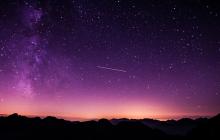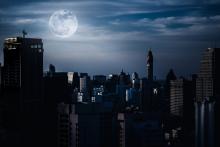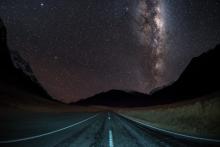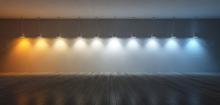The Importance of Cultural Astronomy
The night sky is painted with countless stars and streaks of light, a display that has inspired storytellers and guided navigators since the days before our earliest history. Every civilization has looked to the night skies to craft stories from the constellations and seek guidance beyond simple directions. These historic interactions are an important part of our cultural development and growth as a species.







